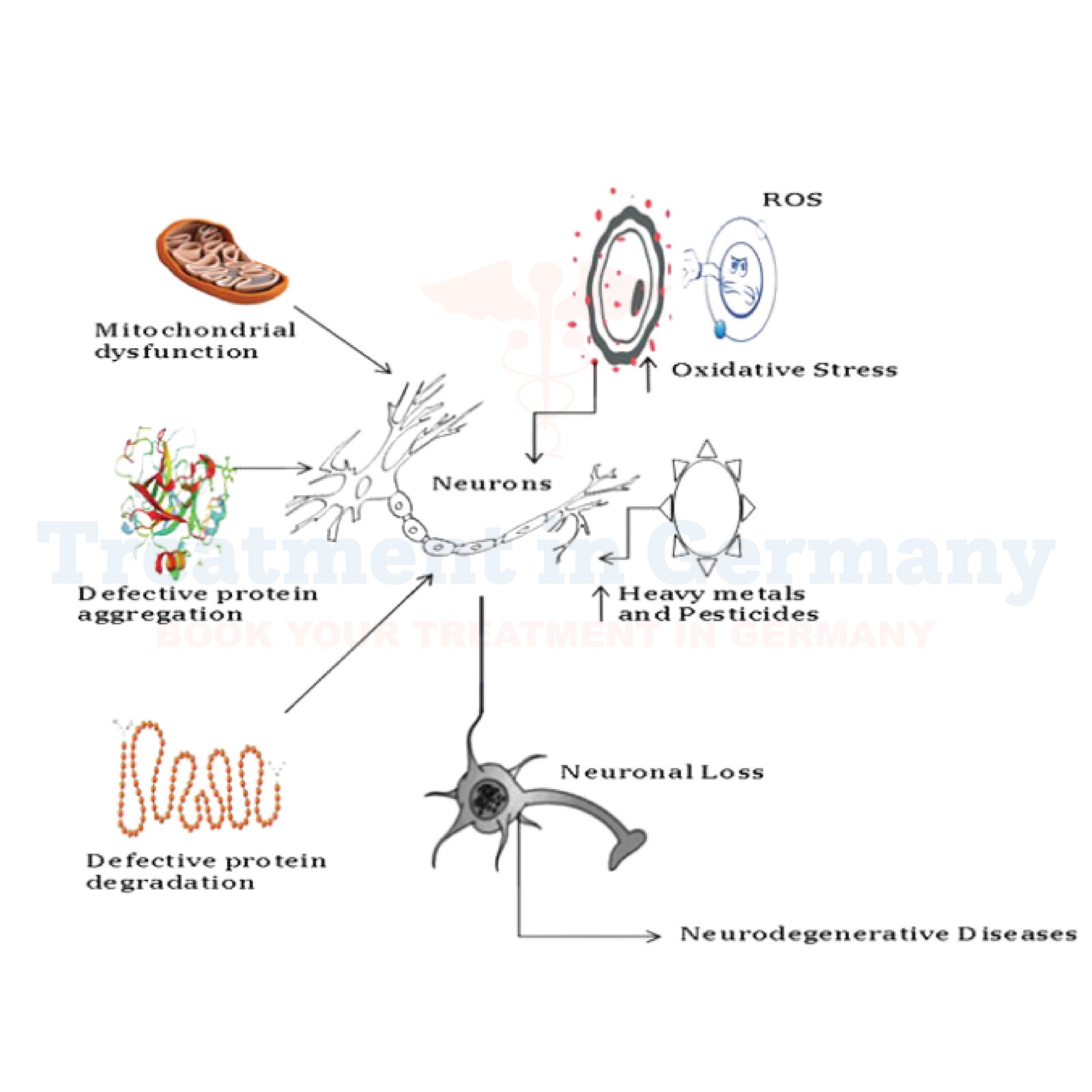Understanding Neurodegenerative Diseases
Neurodegenerative diseases are a group of disorders characterized by progressive degeneration of the structure and function of the nervous system.
These conditions primarily affect neurons, which are the building blocks of the brain and spinal cord, leading to a gradual decline in cognitive function, movement, and sometimes even personality.
What is Neurodegenerative Diseases?
Neurodegenerative diseases encompass a range of conditions including Alzheimer's disease, Parkinson's disease, amyotrophic lateral sclerosis (ALS), and Huntington's disease, among others.
These diseases result from the gradual loss of neurons and the connections between them, which disrupts normal brain function.
Side Effects of Neurodegenerative Diseases
The symptoms of neurodegenerative diseases vary depending on the specific condition but often include:
As these diseases progress, they can significantly impair a person's ability to perform daily activities and lead to a decreased quality of life.
How is Neurodegenerative Diseases Diagnosed?
Diagnosis of neurodegenerative diseases typically involves a combination of medical history assessment, neurological examination, and various tests such as:
Early diagnosis is crucial as it allows for the initiation of appropriate treatment and management strategies to slow disease progression and manage symptoms effectively.
Potential Treatment of Neurodegenerative Diseases
While there is currently no cure for most neurodegenerative diseases, treatment aims to alleviate symptoms, slow disease progression, and improve quality of life. Treatment options may include:
👉 Contact us for further information and receive a complimentary consultation.


.webp)
 (1).webp)

.webp)
 (1).webp)


.webp)
 (1).webp)

.webp)
 (1).webp)
